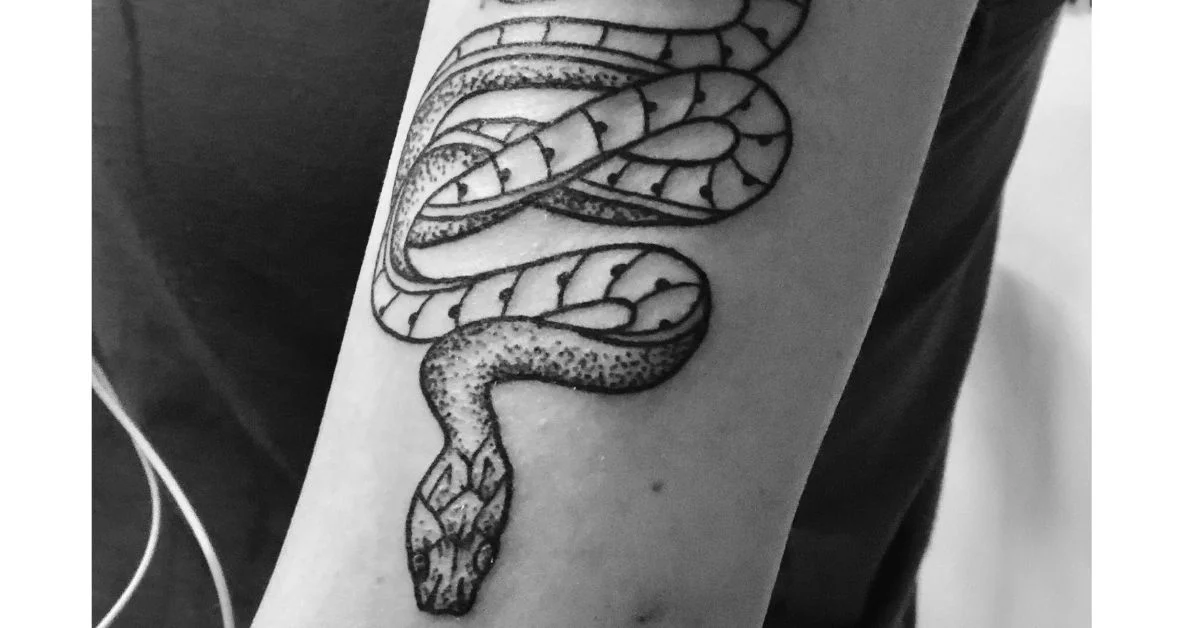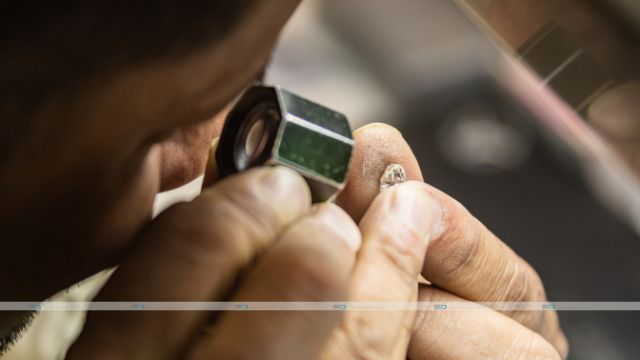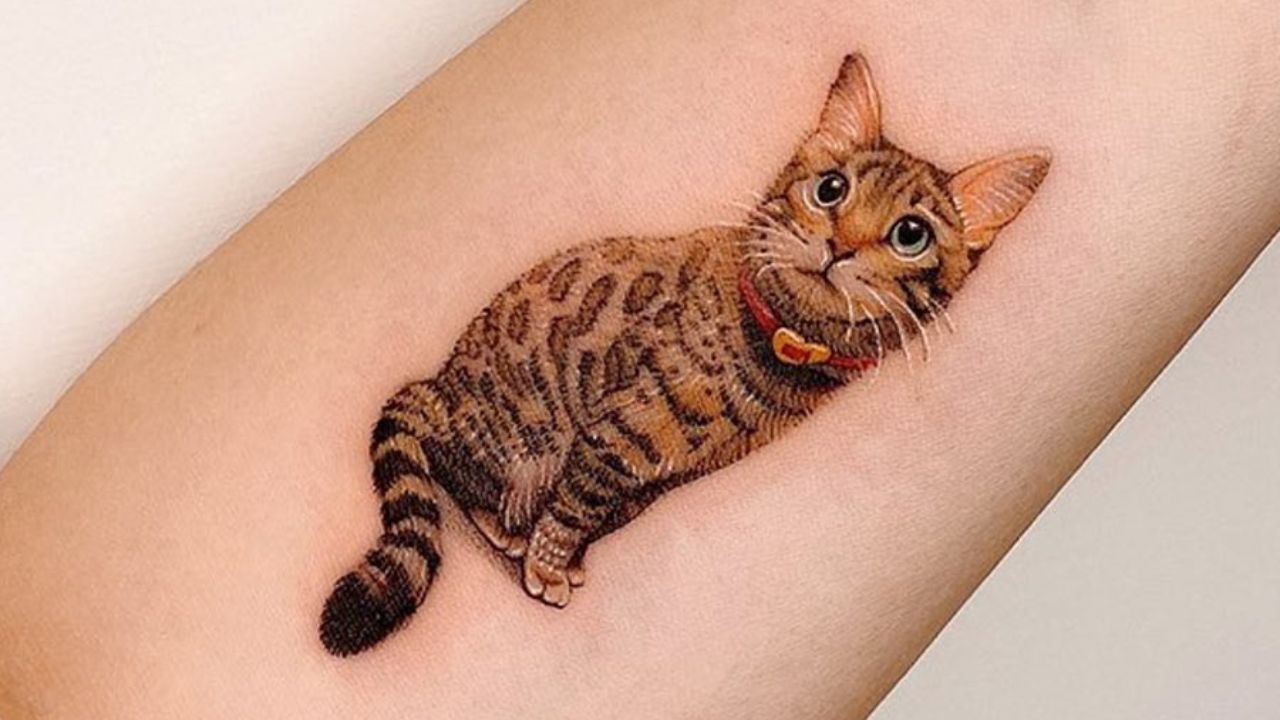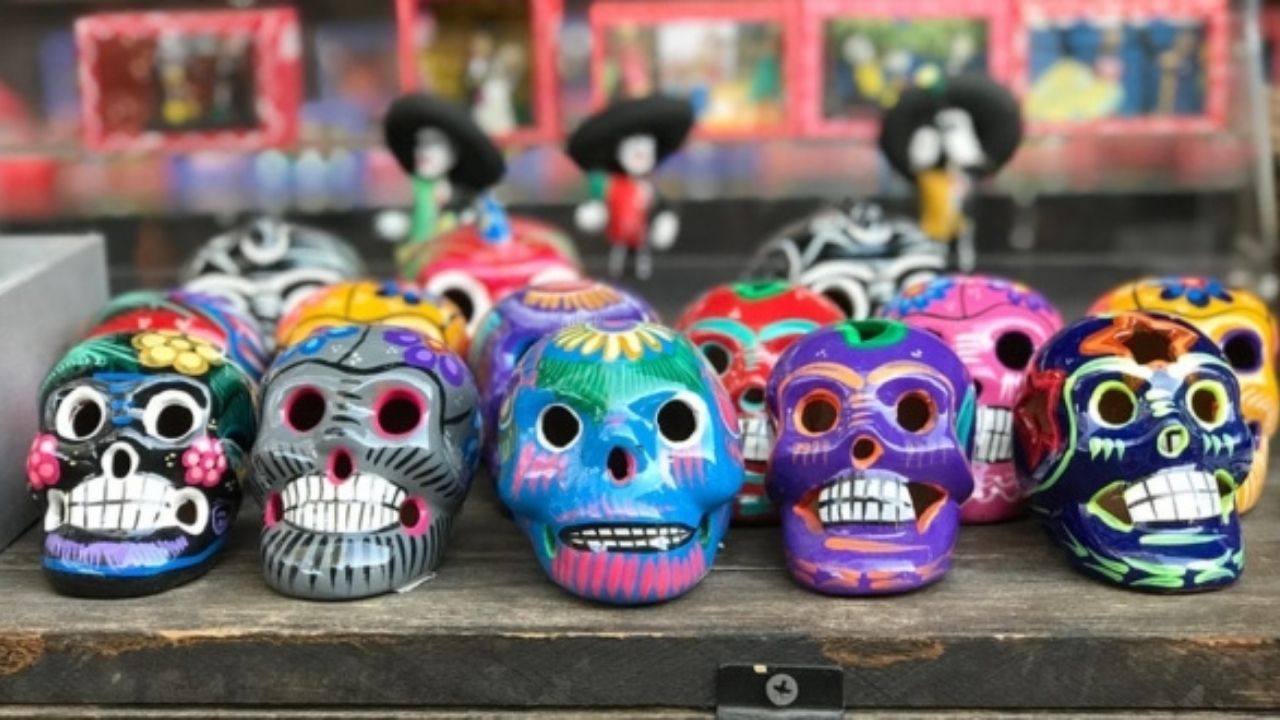So why would someone fancy a tattoo of a snake if they are such terrible animals? Though many purposes associated with snakes are related to their evil connotations, many souls love snakes and even have them as pets. They absolutely can create great tattoos and have several exciting meanings such as:
1. Rebirth/Circle of Life: The central theme in snake tattoos is the significance of rebirth, or the snake symbolizing the circle of life. Snakes are regarded as an animal that restores and lives for a long time. Snakes are descendants and predators who choose life and give it.
2. Unpredictability: Snakes can dart out at any time and are invariably waiting to strike. Therefore, they have the symbolism of unpredictability, signifying that you are a person who doesn’t operate by the rules for many tattoos.
3. Mysteriousness: No matter where you are on the planet, snakes are regarded as mysterious creatures because they glide on the ground and seem to rise out of nowhere. Snake tattoos can signify that you are a perplexing person who retains a low profile and has numerous secrets.
4. Dark Side/Sin: Ultimately, there is the apparent Christian implication for snakes representing sin. Not only that, snakes lead to estimates of the dark side of life, and a snake tattoo can mean that part of yourself that you may not like but want to be more comfortable with.
Also check – Dragon Tattoo Meaning: Deciphering Rich & Complex Symbolism
Snake Tattoo Meanings Across Various Cultures
Since snakes exist worldwide in many variations of their species. Each culture has come up with its meanings associated with the snake. Here’s everything the snake tattoo indicates to various cultures encompassing the world:
1. Japanese: Although seeing a snake would undoubtedly be a bad omen for many, it’s the opposite for Japanese snake tattoos. Snake tattoos, to the Japanese belief, is good luck! They are also observed as guardians of wealth, so Japanese snake tattoos are often modelled with valuable items. Not only can a Japanese snake tattoo fetch you good luck in wealth and stability of your riches, but it can also symbolize knowledge.
2. Hinduism: Ancient Indians both feared and respected snakes. In Hinduism, the God Indra has control over all
snakes. Also, a God named Vasuki is regarded as the king of snakes. So, as you can see, snakes are a vital part of Hindu culture. The snake tattoo can symbolize anything from infinity, desire, kundalini energy, misfortune. It even shows the relationship between impermanence and time in Hindu culture. These divergent meanings have to do with the movement of power in the body and the Gods’ relationship with snakes.
3. Aztec: An Aztec snake tattoo often looks similar to the statues of snakes that the Aztecs had: the tattoo
usually has many blocks, representing stones and forming the snake’s head and mouth. The stone snake also commonly has a headdress with feathers flowing behind its large face. The Aztecs worshipped a double-headed serpent, and the two heads represented the Earth and the underworld. The meaning of this two-headed snake was rebirth because the snake can shed its skin and almost have a new body form. The Aztec snake tattoo can also symbolize energy, wisdom, and power. The Aztecs worshipped the God Quetzalcoatl, whose name means
‘precious snake’.
4. Chinese: Chinese snake tattoos are primarily colourful and wrap around in a pleasing shape, with their mouths
open and the serpent’s tongue flying outward. Sometimes the snake wrapped around flowers or enters boldly from a pattern of the spiralling wind. To the Chinese, the snake is a Zodiak sign with black, red, and yellow colours. In addition, the snake symbolizes mysteriousness because snakes can slither around and pop up in unexpected places.




